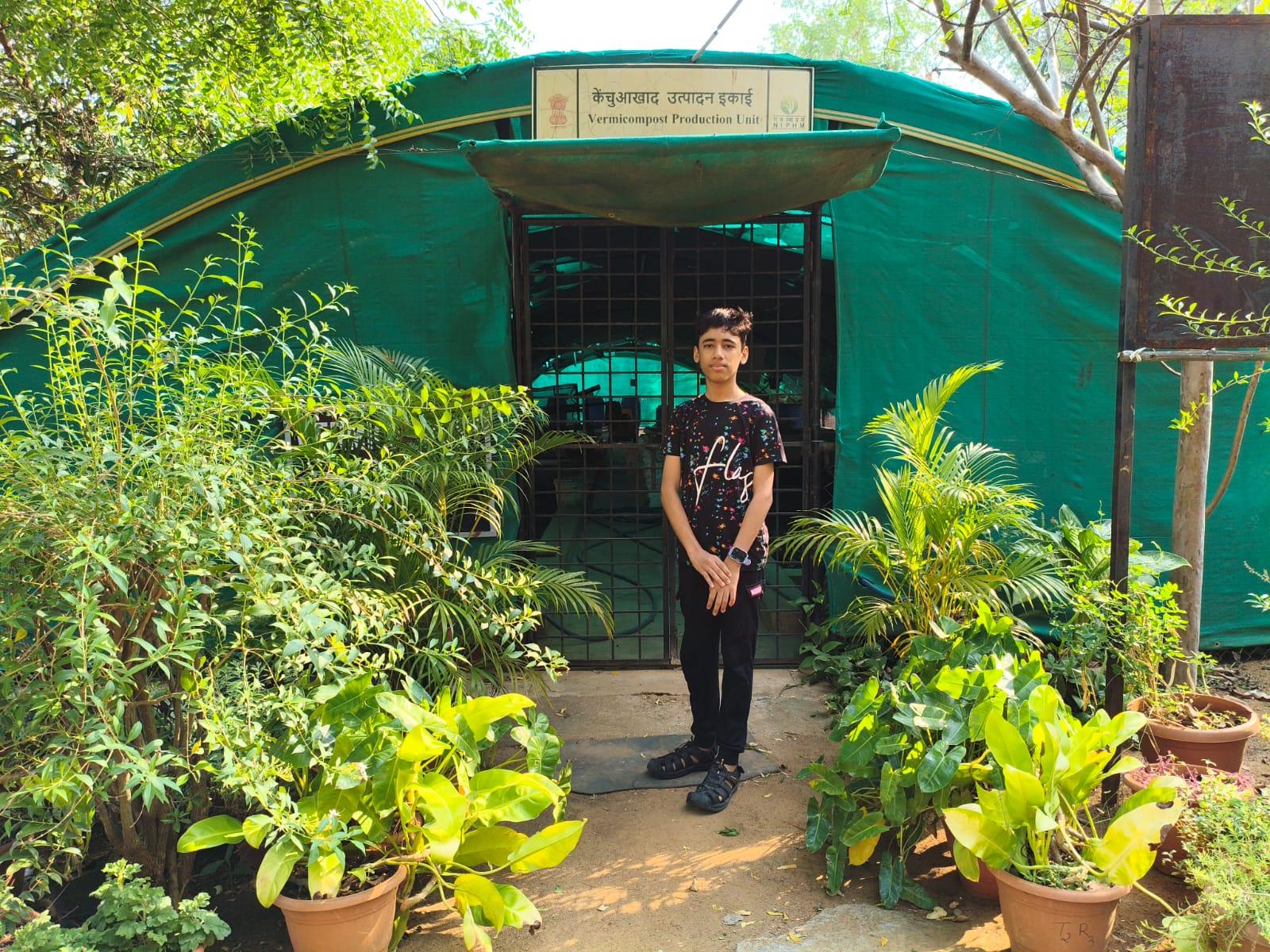Compost is a natural fertilizer made by decomposing organic waste like food scraps, dry leaves, vegetable peels, and garden clippings. It is rich in nutrients and helps improve soil health, making it an eco-friendly alternative to chemical fertilizers.
How Compost is Made:
Composting is the process of breaking down organic materials with the help of microorganisms, moisture, and air. A good compost mix includes:
* **Greens**: Fresh materials like fruit peels, vegetable waste, and grass clippings (rich in nitrogen).
* **Browns**: Dry materials like dried leaves, paper, and twigs (rich in carbon).
The waste is collected in a compost bin or pile and turned regularly to let air in. In a few weeks or months, it turns into dark, crumbly soil-like material – compost.
Benefits of Compost:
* **Improves Soil Fertility**: Adds nutrients and beneficial microbes to the soil.
* **Reduces Waste**: Cuts down kitchen and garden waste sent to landfills.
* **Saves Money**: Provides a free source of fertilizer for home gardens or farms.
* **Protects the Environment**: Lowers pollution and reduces greenhouse gases from landfills.
Conclusion:
Composting is a simple and powerful way to care for the Earth. By turning waste into valuable soil, we can grow healthier plants and reduce our impact on the environment. Everyone can compost – at home, at school, or in the community.

